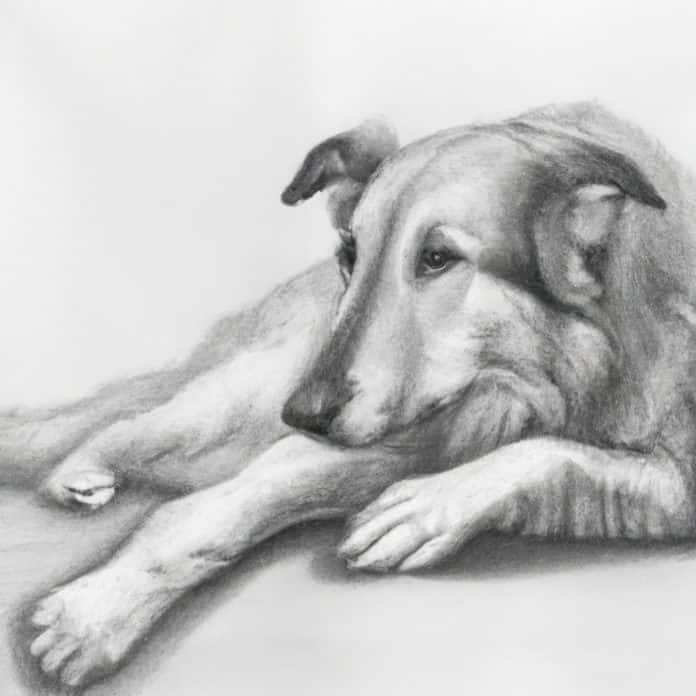Dear VetBabble: What Does It Mean When My Dog Vomits With Blood Specks?
One of our beloved pet owners recently asked, “My dear canine companion was not feeling well and vomited his food. Today, there were small specks of blood in his vomitus. I am worried about what this might imply. Could this be a symptom of a simple stomach bug? I have withheld food for half a day and plan to slowly reintroduce food to him. Should I take him to the vet immediately if he continues to vomit, if more blood appears, or if he seems lethargic? I am aware that prolonged vomiting can lead to dehydration in dogs. Can you please provide some insights?”
Dealing with a sick pet can be worrying and stressful, but you are absolutely not alone! Many pet owners have faced similar situations and I’m here to help guide you. In general, a one-off vomit is not uncommon in dogs, especially if they’ve eaten something they shouldn’t have. However, when the vomiting is persistent and contains blood specks, it may be cause for concern.
Section 1: Understanding Canine Vomiting and Its Causes
Vomiting in dogs may sometimes include small blood specks, usually a sign that the dog has been vomiting excessively, thereby irritating the stomach. This could also signal a more severe underlying condition. Some common reasons may include ingestion of foreign bodies, viral infections, gastrointestinal problems, or even stress. Here’s an extensive article explaining why dogs vomit and when to worry.
Section 2: Diarrhea in Dogs: An Additional Symptom to Monitor
While your dog hasn’t shown any signs of diarrhea yet, it’s crucial to keep an eye on this as an additional symptom. Both vomiting and diarrhea can significantly contribute to dehydration in dogs. Understanding why dogs get diarrhea and when it becomes a serious concern is a vital part of caring for your pet. Here are two articles that provide excellent insights into understanding why dogs get diarrhea and knowing when to worry about diarrhea in dogs.
Section 3: Monitoring Your Dog’s Eating Habits
It’s essential to keep a close eye on your dog’s eating behavior. If he becomes unwilling to eat, it can exacerbate the issue and even lead to serious health problems. You’re doing a great job depriving him of food temporarily and intending to reintroduce food gradually after the vomiting stops. This can indeed help calm his irritated stomach. However, if he refuses food upon reintroduction, that may be a significant symptom needing attention. Check out this article, it provides a great understanding of why dogs sometimes refuse to eat.
Remember, your vet is your best ally when it comes to the health of your furry friend. They are there to help guide you in making the best decisions to ensure your dog stays healthy. Whenever you are unsure, never hesitate to reach out and ask for help. Your concern reflects your love for your dog, and taking prompt action could potentially save your pet’s life. Allow this uncertain time to remind you why we invest so much love, attention, and care in our pets—they are irreplaceable members of our families who bring immeasurable joy into our lives.









